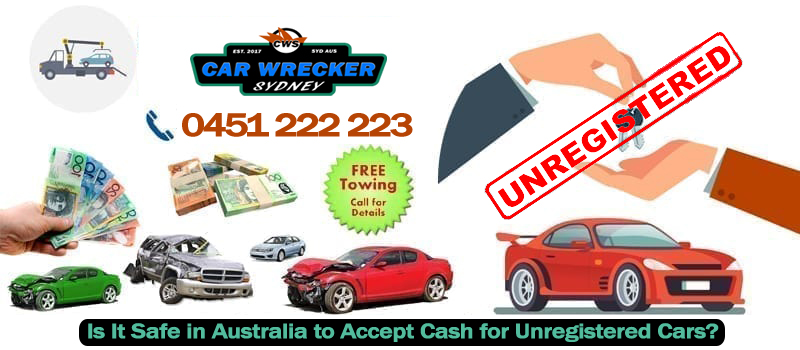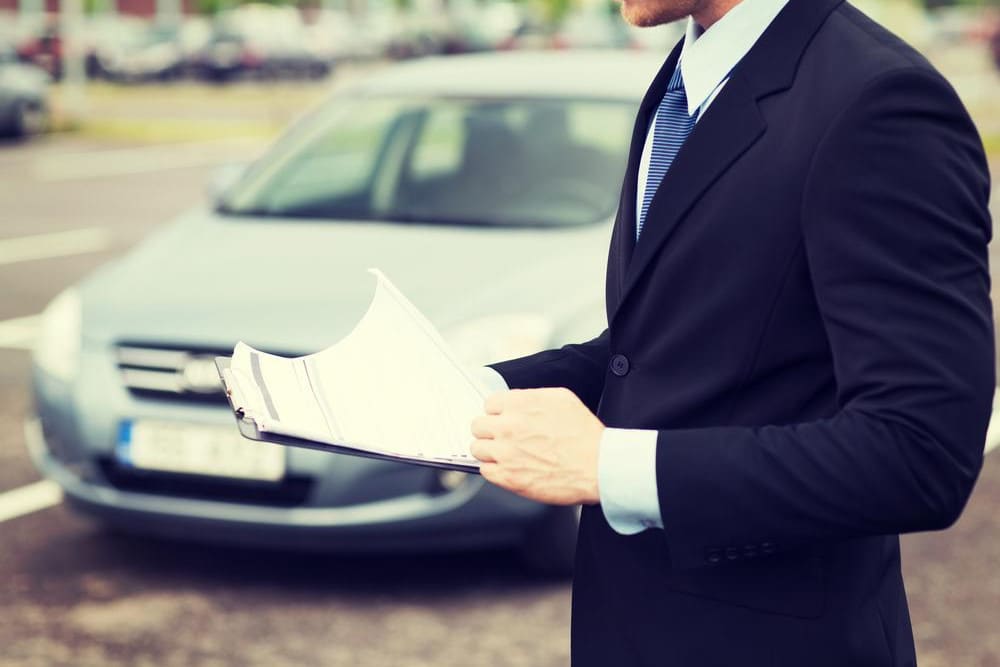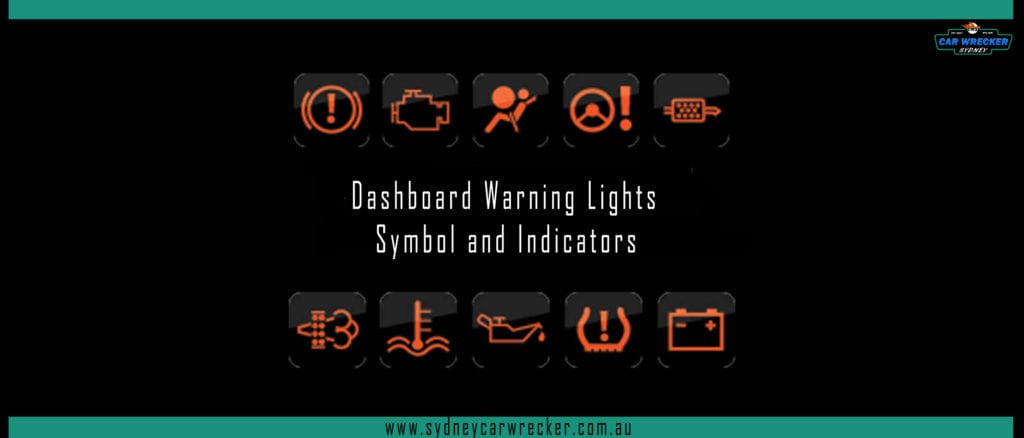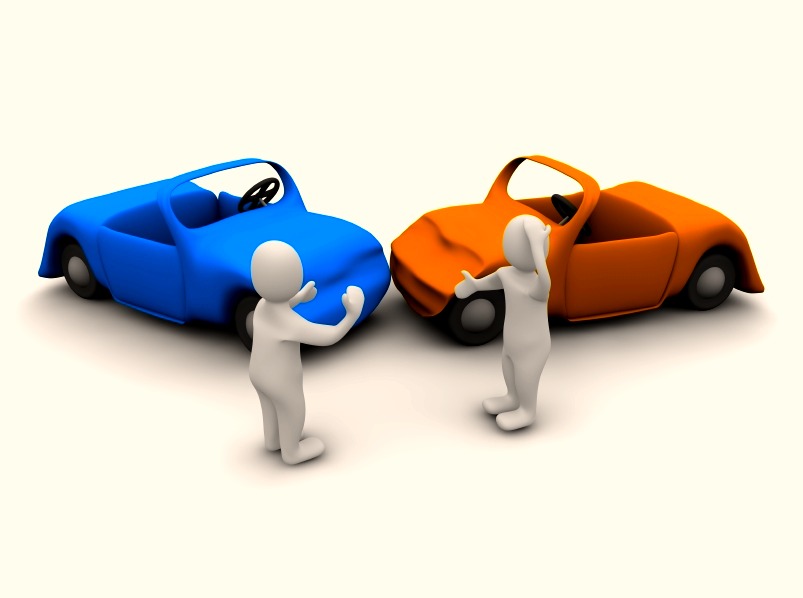Unfortunately, the simplest solution is often the most expensive, and this is especially true when it comes to purchasing a car against cash for unregistered cars. Slapping down your earned money for a brand-new vehicle from a dealer is the most convenient way to go about things, but it’s not the cheapest. On the other end of the spectrum, you may find yourself buying – or selling – an unregistered motor vehicle. This requires a bit more legwork and keeping your wits about you, but it can be done, and it can save you money whether you’re buying or selling.
Depending on the state you live in, there may be restrictions on how you move your vehicle. You’ll have to think before allowing anyone to take your unregistered car for a test drive.
Let’s take a look at selling an unregistered vehicle first.
How to Sell an Unregistered Vehicle
Selling my unregistered cars for cash makes your life more difficult because a potential buyer will be suspicious – if there’s nothing wrong with your vehicle, why don’t you pay the rego – and unable to take it for a test drive.
It’s best to register the vehicle and then sell it, but if that’s not an option you’ll have to lower your price.
At the very least, you must provide a discount for the amount the buyer will have to pay to register it. It must also be less expensive to be an appealing proposition in a marketplace where the majority of cash for scrap cars sales are registered.
Allowing someone to test drive your vehicle is a no-go if it’s unregistered because it’s against the law. If you’re sending them out in an uninsured vehicle, which means that if there’s an accident, it’ll be a complete and expensive disaster. At the very least, you must provide a discount for the amount the buyer will have to pay to register it.
The buyer will bear the majority of the responsibility for ensuring that the paperwork is in order and re-registering the car under a new name, though you will be required to provide proof of ownership, so let’s look at it from that perspective.
How to Purchase an Unregistered Vehicle
First and foremost, the advice here is to exercise extreme caution. Buying an unregistered car may be less expensive, but you must ask – and ask the buyer – why it is being sold in this manner. Is there a mechanical problem with it? Would it fail roadworthiness tests? Is it in need of repair?
You should also conduct the necessary online checks to ensure that it is owned by the person selling it to you, that it is not encumbered with debts, and that it has no outstanding fines. And, of course, that it is not stolen.
Then there’s the paperwork to deal with.
Let’s take a look at how things work in Australia.
An unregistered vehicle must have a permit issued by the Department of Transport and Main Roads when purchased in the Sunshine State. To cover the journey, you’ll also need Compulsory Third-Party insurance.
In Australia, you can buy a vehicle without a safety certificate once you are satisfied with the inspection done and the condition it is in.
Then you must create a paper trail for the sale, which must include a signature from both the seller and the buyer. Other things- vehicle identification number (VIN) or chassis number; and/or the engine number; the make and model of the vehicle; and the date of sale.
Both the seller and buyer should keep a copy of written contracts and receipts.
As the new owner, you can then apply online or in-person for an unregistered vehicle permit. If the car is unsafe to drive, you’ll need to hire a tow truck to transport it to a location where you can work on it no matter its location. You will also need CTP insurance for the duration of your permit.
Your Australia-issued permit will get you almost anywhere in Australia. Yet, there are some circumstances in which QLD will not accept it, in which case you will need a separate permit. Take permission from the state’s authorities to continue your journey once you’ve crossed the state line.




